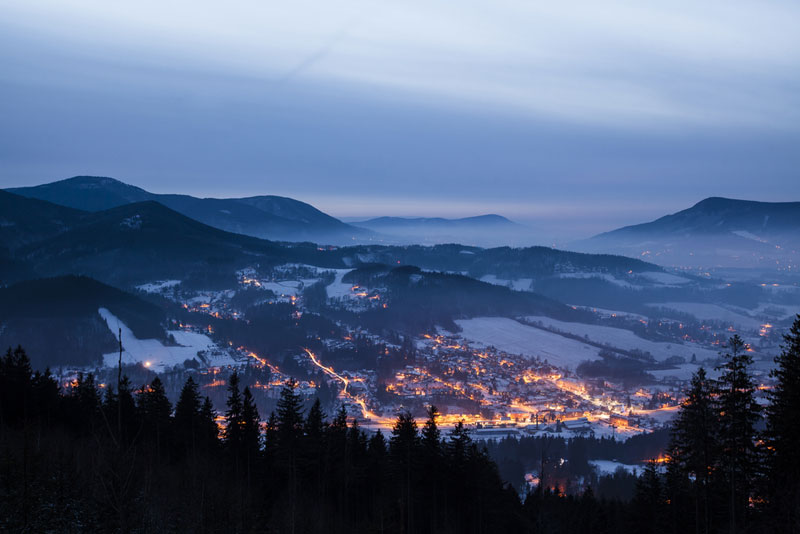The Longest Night: Do We Sleep Better on the Solstice?

There's a long night coming, literally — the winter solstice comes on Wednesday (Dec. 21), making it the shortest day and longest night of the year. But will that extra time of darkness help you sleep better?
Experts say that in general, people do tend to sleep a little longer in the wintertime, compared to the summertime. But the few minutes of extra darkness on the winter solstice itself may not be enough to make a noticeable difference to people's sleep habits, compared to how they sleep on the days before and after the solstice.
"I would say that, yes, the changing day length [over the year] does influence sleep," said Brant Hasler, a sleep expert and assistant professor of psychiatry at the University of Pittsburgh. "[It's] probably not enough to notice a day-to-day difference with regard to the winter solstice and the days before and after, but certainly in comparison to the summer solstice," Hasler told Live Science. [5 Surprising Sleep Discoveries]
Exactly how many hours of daylight and darkness a person experiences throughout the year will depend on where that person lives. In the midlatitudes, which include the United States, people experience about 9 hours of daylight around the winter solstice and 15 hours around the summer solstice. (These numbers vary, though: People living farther south have more hours of daylight, year round, than those who live farther north.)
Several previous studies have found that the reduction in daylight hours during wintertime is linked with how long people sleep. For example, in a 2007 study, researchers analyzed sleep data from about 55,000 people living in Europe and found that people reported getting about 20 minutes' more sleep a day, on average, during the winter compared to the summer.
"Many people report that they feel tired and want to sleep more during the winter," Hasler told Live Science in a 2015 interview. This change in sleep habits is mainly due to the reduction in daylight hours in the wintertime, which affects people's internal circadian clocks and makes them want to sleep more, he said.
Our circadian clock is controlled by a certain area of the brain that responds to daylight and darkness, according to the National Sleep Foundation. For example, daylight tells this part of the brain — called the suprachiasmatic nucleus (SCN) — to send signals that result in the production of hormones and other physiological changes that make us feel alert, the NSF said. In addition, daylight also suppresses the release of melatonin, a hormone that is linked with sleep.
Get the world’s most fascinating discoveries delivered straight to your inbox.
Because of later sunrises and earlier sunsets, people may wake up later and go to bed earlier, said Jack Edinger, a professor in the Division of Pulmonary, Critical Care and Sleep Medicine at National Jewish Health hospital in Denver. "The lengthening of the total dark period tends to make people sleep longer, both ends," Edinger said.
Still, the length of the day isn't the only thing that affects sleep. Other factors around wintertime, including holiday stress and changes in people's moods, likely influence the amount of sleep we get at this time of year as well, Hasler said. And having a drink or two at holiday celebrations may also affect your shut-eye. Studies have found that drinking alcohol helps people fall asleep, but leads to disrupted sleep later in the night.
In addition, because people tend to sleep better in cooler environments compared to warm ones, the generally cooler temperatures in winter may help with sleep, Edinger said. "When the temperature gets too warm, sleep gest more fragmented," Edinger said.
Original article on Live Science.

Rachael is a Live Science contributor, and was a former channel editor and senior writer for Live Science between 2010 and 2022. She has a master's degree in journalism from New York University's Science, Health and Environmental Reporting Program. She also holds a B.S. in molecular biology and an M.S. in biology from the University of California, San Diego. Her work has appeared in Scienceline, The Washington Post and Scientific American.
 Live Science Plus
Live Science Plus





